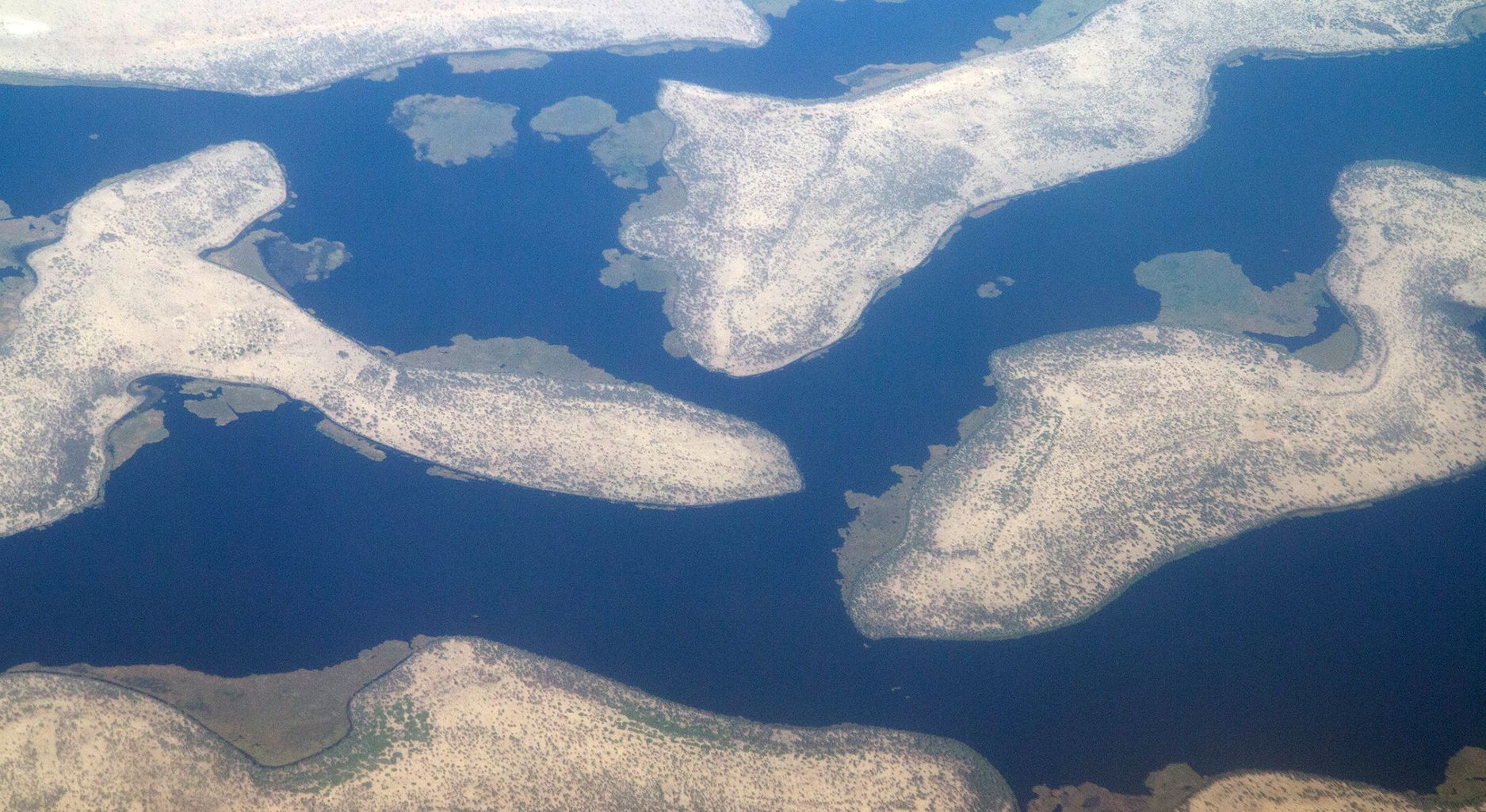
25 Jahre Women, Peace and Security, English, Feministische Friedensforschung26. Januar 2026 | Aïssatou Oumar Magra Avaramla, Bertrand Betseto Bobeto
Reimagining the UN’s Women, Peace and Security (WPS) Agenda: Climate Resilience and Women’s Peacebuilding in Lake Chad
As Lake Chad’s waters shrink and droughts intensify, pastoralists and farmers clash over the remaining oases. Amid this crisis, rural women – farmers, water-keepers, and mediators – hold the keys to peace. Reinforcing climate action in the UN’s Women, Peace and Security (WPS) agenda can unlock their potential. This article explores how we might transform conflict into resilience in the Lake Chad Basin by empowering women in Cameroon, Chad, and Nigeria with ecological training,…